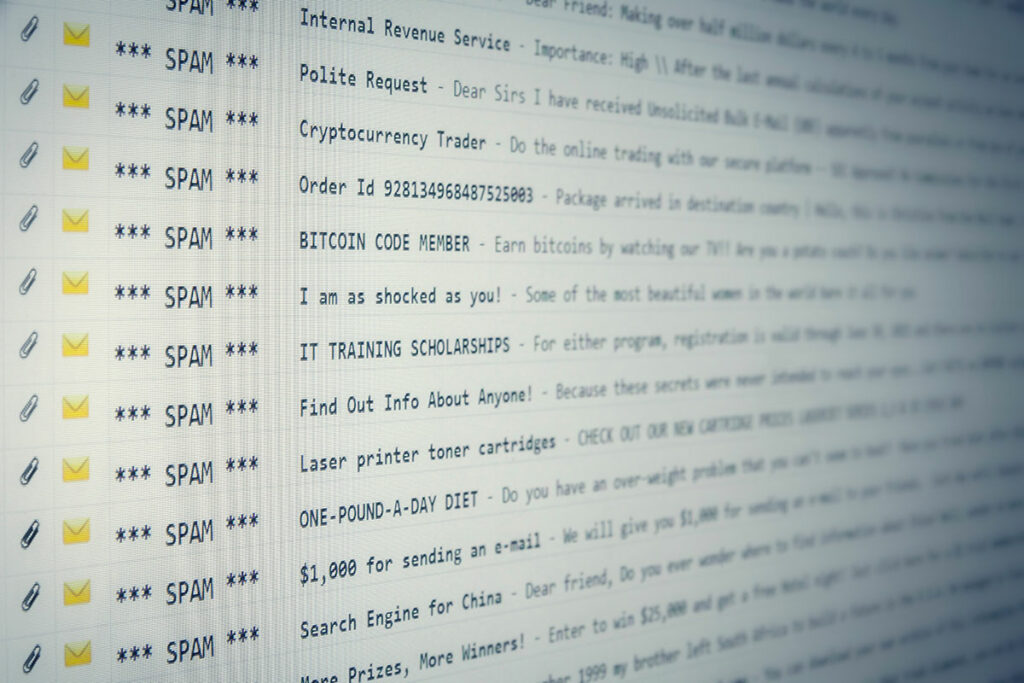
Each day, there are over 124.5 billion emails sent and received. Today, it is considered one of the easiest and the most convenient ways for you to share data or information with other people. However, it’s also very common to receive emails that contain dubious message or malicious attachments. While there are some email service providers that will filter and then mark these emails by labeling them as “SPAM” in the subject line, this isn’t always the case.
If you click on links in a spam email, you may be directed to a phishing website or a site where malware is routed to your computer. The good news is, there are steps you can take to prevent these problems. Keep reading to learn more.
Don’t Publicly Share Your Email Address
You need to remember that everyone can get online. This means that spammers are all over the Internet trying to find email addresses that are available. Once these addresses are found, they begin to send out these spam messages. If you post your address publicly, then other people may begin to send spam emails, or they may even hack into your account. While businesses need to share an email address, it’s best to teach employees how to avoid these nefarious messages. You can also engage the professionals to help prevent issues related to spam emails.
Think Carefully Before Clicking on Anything
There may be situations where the automated filter used by your email provider mistakenly marks a legitimate email as being spam because of the content – like if the message includes a hyperlink. However, in most situations, an email that is marked as spam or that is sent to the spam folder has been sent by a spammer. The subject of a spam message is usually going to include some type of offer or advertisement. You need to carefully read the information provided in the subject line of a spam email before you open any attachment that is include or before you click a hyperlink. Also, don’t download any content that has been blocked by your email service provider.
Avoid Replying to Spam Messages
Virtually all spam messages are considered malicious emails that have been sent by an unknown source. The source may be a hacker who is trying to hack your computer. You should never respond to a spam message because throughout this, the spammer is going to know that the email address is being used actively, which means that your email is going to continue to be targeted by this person.
When it comes to handling spam email, there are more than a few factors to consider. By keeping the information here in mind, you can feel confident that you have the best chance possible of avoiding serious consequences or repercussions due to spammer activity. Be sure to keep this in mind and even work with the professionals to ensure that you are protected in any situation.
To see how we can help you with your spam issues contact us today!


Leave a Reply